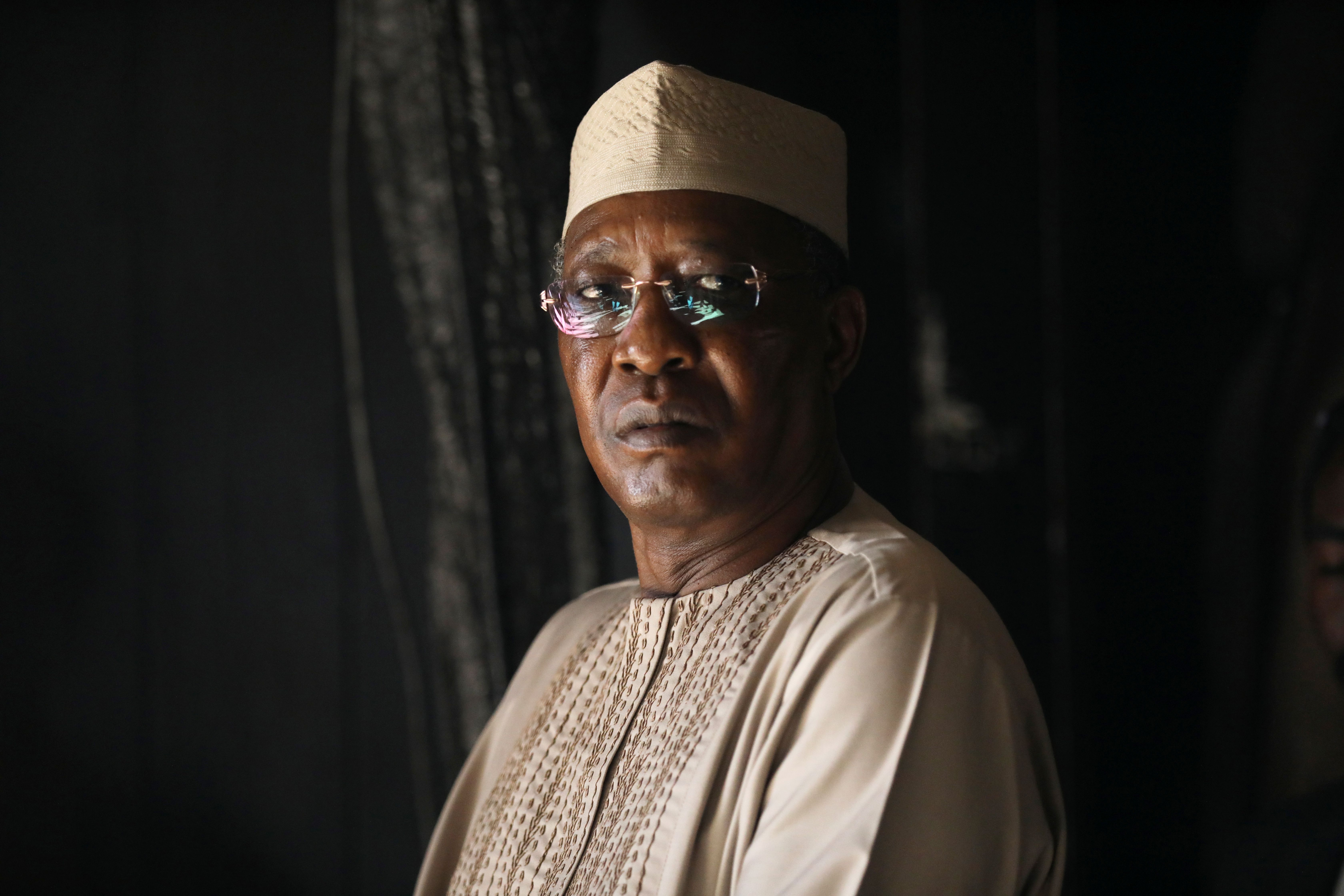
What were Déby's policies based on?
Ever since Déby, the former chief of staff of the army, took power forcibly in 1990, he focused on security issues, neglecting the development of the state. His management of clan politics, conducted less and less effectively in recent years, led to rising opposition to his rule, including from among his own Zaghawa ethnic group, and the conflicts began taking on an armed form. He had close ties to France where he became a military pilot, and France based its military strategy in the region on maintaining the stability of Chad, which in practice meant supporting Déby. That is why in 2008 and 2019 France granted him military assistance in the fight against anti-government rebels. Chadian troops marched in front of French troops to liberate the cities of Mali in 2013. The capital of the country, N’djamena, was designated by the French as the headquarters of the Barkhane mission (the U.S. also has a base there).
What is the regional significance of Chad?
Chad’s land force is considered the most effective in the region. In the conflict with Libya in the 1980s, it achieved victory under Déby's command thanks to the innovative use of pickup trucks with mounted machine guns (the “Toyota War”). Today, these “technical” are commonly used in fighting in the region. After the fall of Muammar Gaddafi in Libya, Chad became the most eager country in the region to intervene abroad. This has proved crucial in the fight against jihadists in the last decade. For example, Chadian troops entered Nigeria against Boko Haram extremists in 2015. In February this year, Déby announced the deployment of 1,200 soldiers as part of the Sahel G5 force to the border of Mali, Niger, and Burkina Faso, the most dangerous area of the region today, to increase the security of the UN and EU missions.
What is the connection with the conflict in Libya?
The armed opposition against Déby was most often located on the border between Chad and Libya. These are areas where the power of the Tubu people—marginalised during the times of Gaddafi—grew in Libya and the region after his fall. The Front for Change and Concord in Chad (FACT), recruited from the Tubu, launched an attack from Libya on 11 April, the day of the presidential elections in Chad, with the intention of conquering N'Djamena. Déby was killed in fighting with the FACT rebels.
Chadian and Sudanese rebel groups participated as mercenaries in the Libyan civil war, receiving supplies and enrichment. They have become the largest foreign force in Libya. Today, the UNSC has urged them to leave the country in support of Abdul Dbaibah’s new government of unity.
What will the consequences of Déby's death be for the country, the region and the EU?
The Chadian political system, based on individual rule, is incapable of a smooth transition—after Déby’s death, a military junta took power. It appointed the president’s son, 37-year-old Mahamat Idriss Déby, as leader, announcing elections in 18 months. It is doubtful, however, that the military will remain in power for that long. Armed opposition factions will try to unite and take over the capital, using public opposition to the establishment of dynastic rule and the low morale of the army (Déby was trying to personally lead frontline troops against the FACT). As a result, Chad’s regional involvement will decline, at least temporarily. That would be a boost for extremist forces linked to Al-Qaida and ISIS, especially in Mali, Burkina Faso and Niger. The UN MINUSMA mission in which the Chadian contingent was the sole unit patrolling northern Mali, may weaken. The EU, which leads the Mali army training mission, will not see the G5 Sahel forces taking charge of regional security anytime soon. It will be faced with the necessity to increase and extend its involvement in the region, for example, by expanding the Takuba special forces mission or the Malian army training, which, from January this year until 2022, the Eurocorps is to participate.




